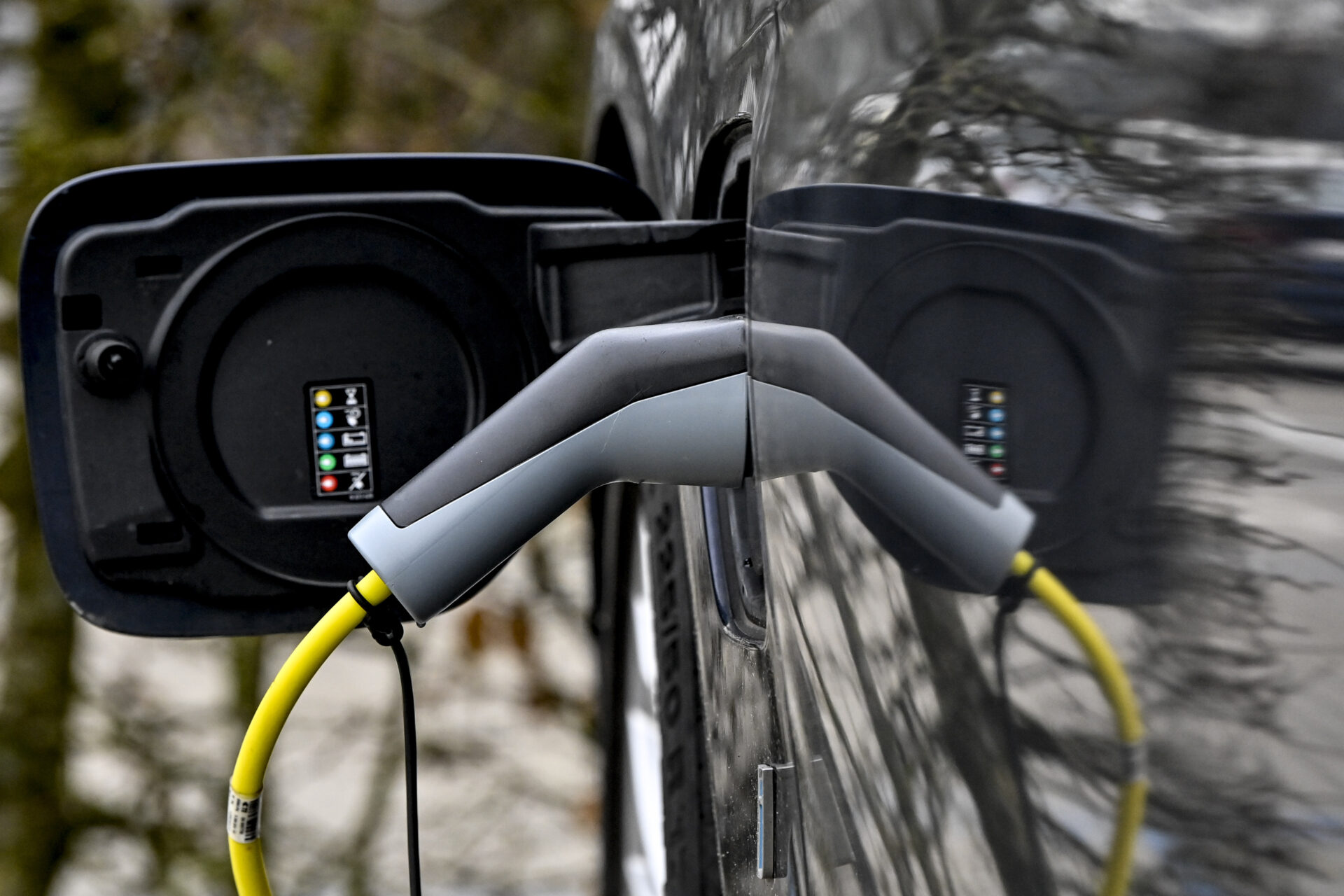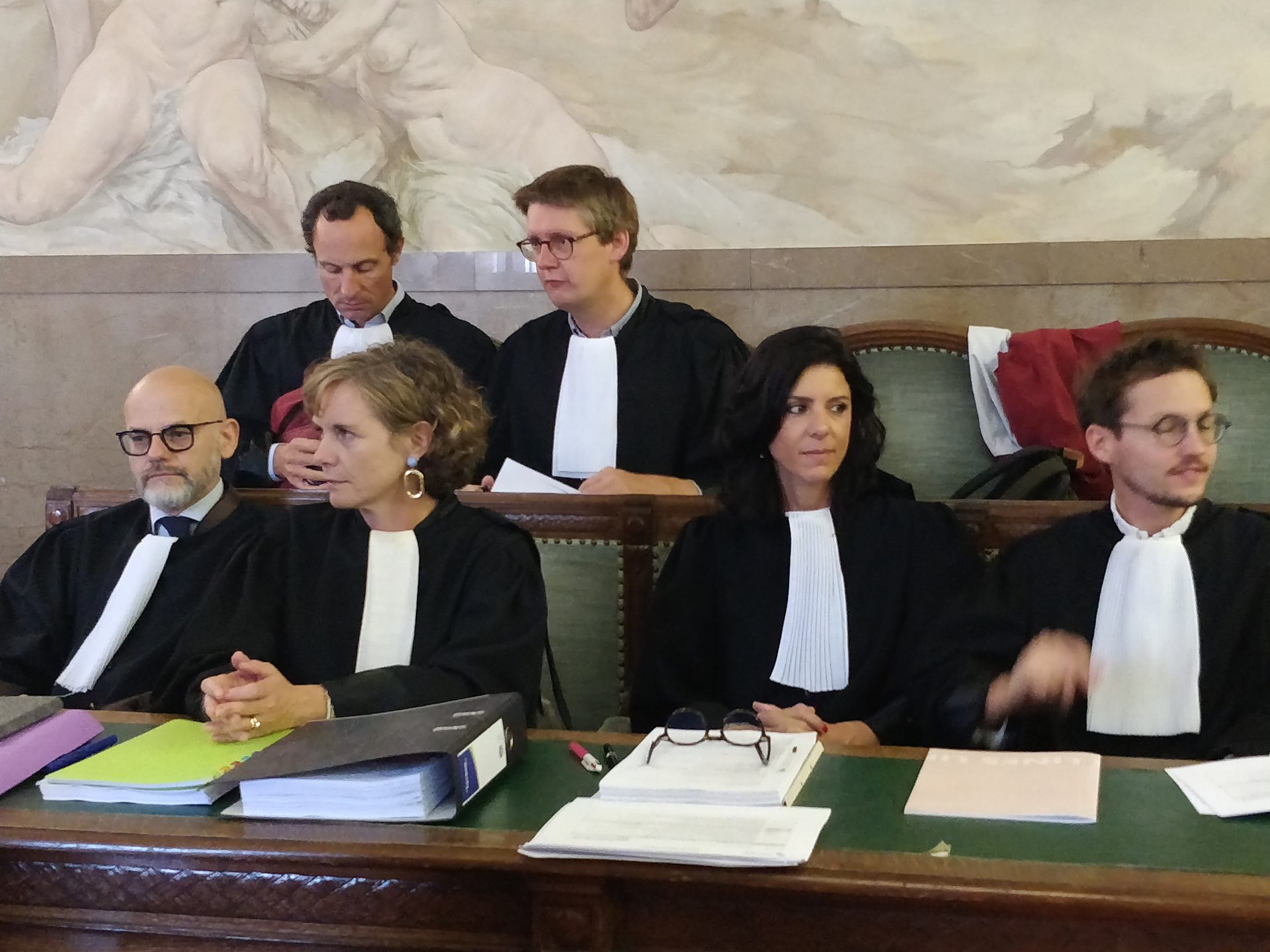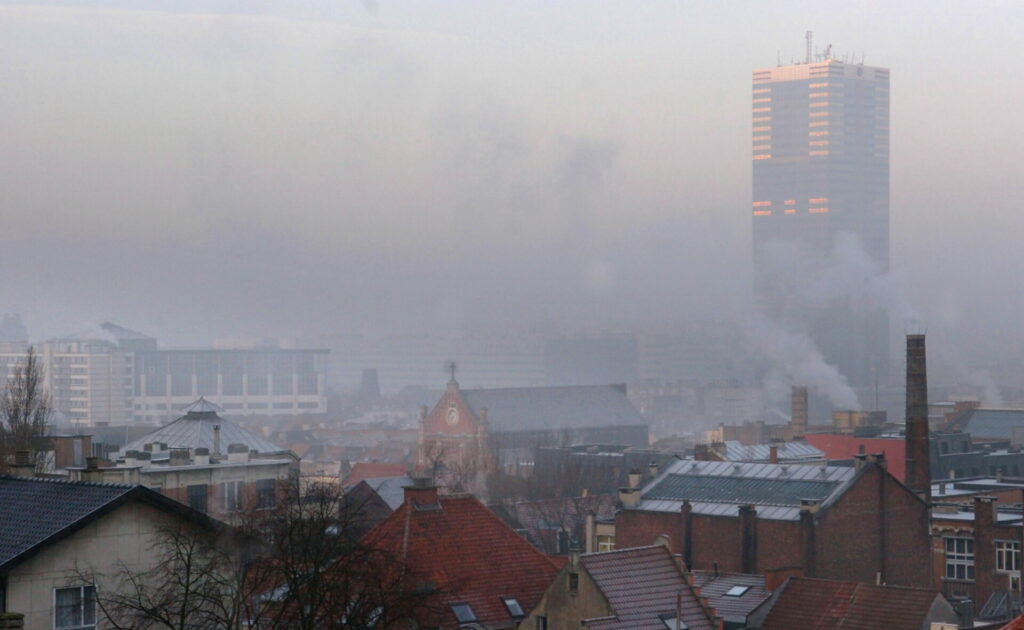Belgium is in danger of failing to meet its EU climate commitments on CO2 emissions and renewable energy, with the country's transport sector a particular laggard, according to a new report.
A recent study by the Federal Planning Bureau examined the future of energy supply and demand in Belgium, to assess whether the State can meet its European targets for 2030 and 2050.
The EU as a whole is aiming to cut emissions by 55% by 2030, and achieve carbon neutrality by 2050, under the European Green Deal.
In November of last year, Belgium submitted its National Energy and Climate Plan to Europe, almost five months later than planned as the State struggled to iron out inter-regional disagreements on the exact measures to be introduced to meet EU climate targets.
The Federal Planning Bureau study published on Tuesday found that, even if the main elements of the energy and climate plan are implemented, Belgium will not achieve its target of reducing emissions by 47% by 2030 (compared to 2005).
Transport lagging behind
The study highlights that projections vary for different sectors: while the residential and services sectors have already achieved reductions in emissions of 54% and 62% respectively, Belgium's transport sector has only achieved an 11% reduction.
Looking closer at transport, the study notes that the freight sector is struggling to move away from fossil fuels, and in the passenger transport sector the European ban on the sale of combustion engine cars will not come into force until 2035.

Credit: Belga / Dirk Waem
The Federal Planning Bureau emphasised that the transport sector, and in particular electrification of the national car fleet, needs "particular attention" in the medium term.
In the long term, the public agency predicts that progress on reducing emissions will slow down leading up to 2050. As industry and electricity producers are lagging behind in eliminating carbon, they will still be largely dependent on fossil fuels by 2050, and carbon pricing or incentive policies are needed to encourage the use of zero-emission technologies.
The study also found that the share of renewable energy in Belgium is not increasing quickly enough. European targets set out that Belgium must produce 34% of its energy from renewable sources by 2030, but under current trends the Bureau predicts that Belgium will remain "stuck" at 24%.
However, the Bureau did note that, specifically within the electricity sector, the share of renewables could rise sharply to almost 44% by 2030.
Cost of the transition
The cost of Belgium's energy transition in the residential and services sectors will increase "considerably" within the current decade, according to the study. However, after 2030, investments in new technology will begin to pay off and energy costs will decrease.
For the industrial sector, on the other hand, the Bureau predicts that the share of energy in total costs will double between now and 2030, remaining 89% above 2020 levels by 2050. The public agency warned that policy measures will be needed to prevent businesses from relocating, such as the Carbon Border Adjustment Mechanism.

Lawyers pictured at the start of the trial of vzw Klimaatzaak - L'Affaire Climat asbl, against the Belgian authorities. Credit: Belga / Antony Gevaert
A separate report published in July last year found that Belgium will have to invest €415 billion to reach its carbon neutrality targets by 2050, or roughly 2-3% of Belgium's GDP each year.
On top of binding EU climate targets, the Brussels Court of Appeal also ruled late last year that the Belgian State, the Flemish Region, and the Brussels-Capital Region must reduce greenhouse gas emissions by 55% by 2030 compared to 1990, as the result of a case taken by non-profit organisation Klimaatzaak ('Climate case').

